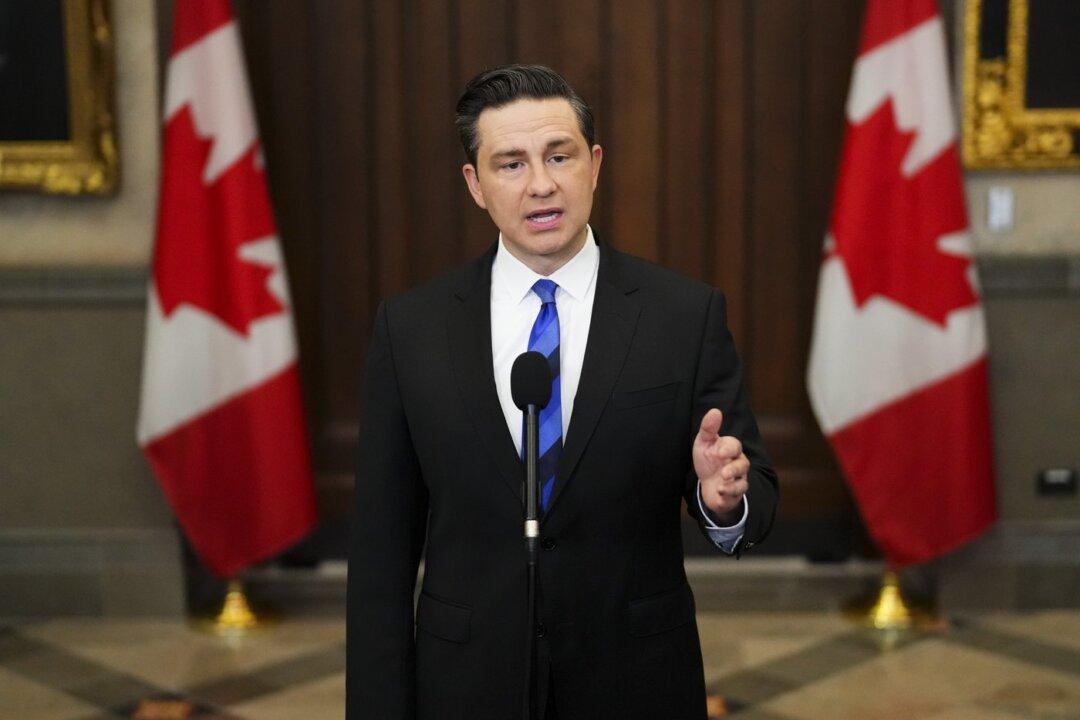Conservative Leader Pierre Poilievre says he will resist the trend of conservative governments worldwide adopting leftist and globalist policies once in power if he becomes prime minister.
Poilievre made the comments during a podcast interview with Canadian psychologist and author Jordan Peterson, which was released on Jan. 2.





